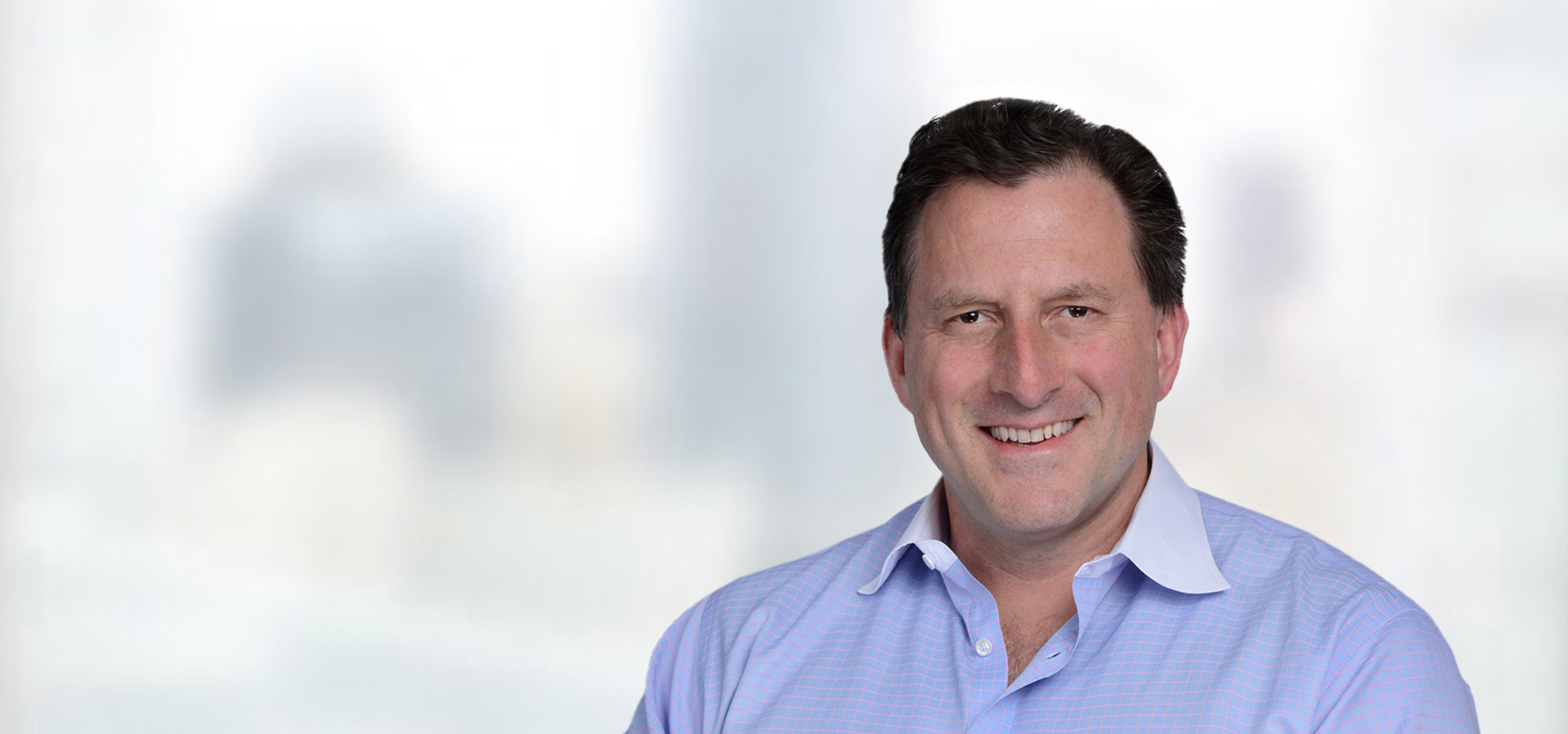Geoffrey Rubin
Senior Managing Director & Chief Investment Strategist
Advisor, CPP Investments Insights Institute
Q: Let’s start with filling in the blank: If 2022 was the year inflation and geopolitics shook global markets, 2023 will be the year _______
A: Isn’t it going to be how economies and companies and investors contend with the likely economic slowdown or recession that we are about to face?
I think it’s clear that the policy interventions of 2022 — responding to inflation and to some extent the geopolitical turmoil, and the corresponding rise in rates — were done to readjust economies closer to a more sustainable equilibrium level of growth. That implies some degree of economic pain in the near term, and the extent and distribution of that around the globe is uncertain.
Q: So, what does that mean for CPP Investments?
A: The diversification that we’ve been building into this portfolio in a very deliberate way over the years and decades that have preceded this moment, these are the kinds of conditions under which that diversification is particularly important. It’s diversification across asset classes, across geographies, all of which will respond to the slowdown in different ways. We will see how that manifests across our well-diversified portfolio, but these are moments when strong portfolio diversification is really important.
Q: What type of work is done ahead of this type of moment, as you put it, to ensure that the portfolio — while not immune — can withstand the downturn?
A: Stress testing and scenario analysis are important for us. We do those exercises to understand the resiliency of our portfolio — not to try to predict what the next episode or event is going to be. I think it’s a difficult, if not impossible, game to try to anticipate when the next downturn strikes and what it looks like. But we can do some really sharp thinking about how resilient our portfolio is to those kinds of downturns. The sensitivity of asset returns and values, and the exposure to loss, across our different investments and investment types is exactly the work we do in assembling a portfolio that has a particular risk profile. And if the downturn doesn’t happen in 2023, it will happen at some other point thereafter.
Q: So then what kind of opportunities are available in a moment like this for an investor that has done the scenario analysis and prepared for eventual downturns?
A: A big part of our portfolio design work is ensuring that we have liquidity that’s sufficient to withstand any number of downturns. And that liquidity, coupled with a very clear investment process and a clear conviction in our investment strategy, positions us to some extent to exploit opportunity when others are facing constraints or loss of will in difficult market environments.
Fundamentally, we are broadly deployed in a well-diversified way across all these assets and geographies. When the winds are blowing hard, are we going to be leaning in? A bit.
But, to be honest, the institutional investor that can just stand tall and firm in those winds will outperform the many that get blown over. I feel very good that our portfolio-construction strategies are equipped to ensure we are not distressed sellers of assets in these downturns.
Q: How hard, or how easy, is it for you and the organization to have the conviction that it’s okay to be different?
A: We have the benefit of a very clear statutory expectation of maximizing returns without taking undue risk, while having regard to the factors that affect the funding of the Canada Pension Plan. We are very deliberate in translating that expectation into things such as our risk appetite and that targeted level of risk that we want to take.
Our commitment and conviction to active investing; conviction that we want to hire, build, and maintain internal staff to deliver on active investing, as opposed to relying more heavily on external staff; of using leverage in pursuit of portfolio construction and design; being very globally diversified in how we invest — those decisions flow directly from our mandate and purpose and a deep set of convictions and beliefs that we have to do these things in order to deliver the highest level of return for the given risk.
We don’t lose conviction in this strategy when times get tough. I think that is going to be the most important and distinguishing feature of how various institutions navigate their way through these downturns. Not in the complete avoidance of short-term loss. That is not the game. It’s about whether institutions can maintain conviction. Can they stand tall? Can they lean in to possibly generate additional opportunity? We’ll see how long and how deep the downturn is, but these moments of difficult economic times, that’s when some of these concepts are tested.
Read more

Jimmy Phua
Managing Director, Head of Real Estate Asia Pacific
The China-plus-one policy that’s shaking up global supply chains has prompted a new wave of investor interest in Southeast Asia’s real estate market, Jimmy points out. He discusses how CPP Investments is positioned for that trend, where it’s seeking new opportunities and how disruptive technologies and climate change are affecting the outlook.
View full Q&A

Derek Jackson
Managing Director, Head of European Credit
Inflation and rate hikes by central banks are having an impact on the credit market and corporate credit quality, Derek says. Nonetheless, he explains in this Q&A why his team has “generally been pleased” with how the companies it invests in have fared, and comments on opportunities that exist for a long-term investor.
View full Q&A




